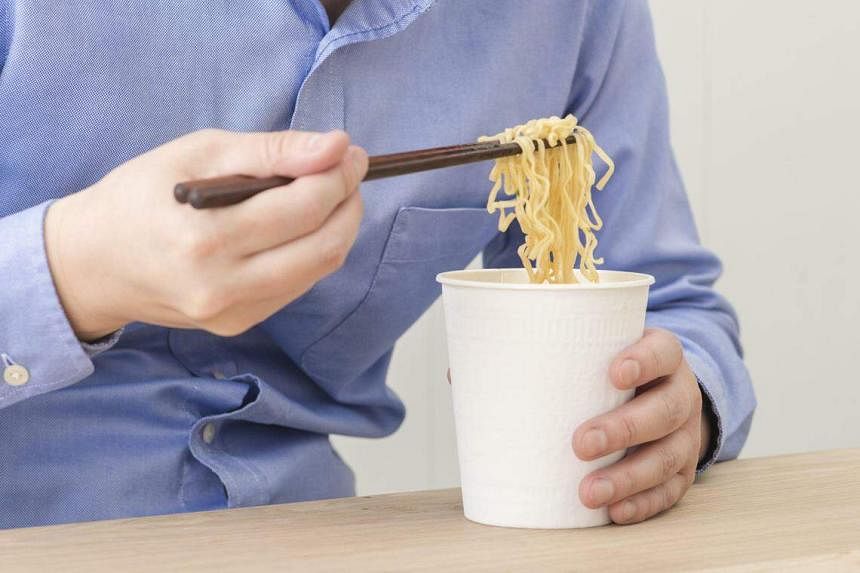Global Courant 2023-04-25 17:10:42
BUTTERWORTH – A Malaysian instant noodle manufacturer in Penang is conducting its own tests to check its products after allegations that a batch contained carcinogens.
A spokesman for “Ah Lai White Curry Noodles” said they sent samples to be tested by a lab to check for carcinogens based on claims made by Taiwan’s Taipei Department of Health.
“We have sent our samples to a lab and are waiting for the results,” the spokesman told Malaysia’s The Star on Tuesday.
“Before this we have never had a problem nor has anyone made such claims against us since we started in 2014. They (Taipei Ministry of Health) didn’t show us their results or the samples they used, but they used our instant noodles.
“This is because when we asked them what samples were used, the expiration date of the noodles did not match the one we sent to Taiwan (in 2022).”
The spokesman said the company, based in Bukit Mertajam in mainland Malaysia, started in 2014 and has sold all kinds of noodles including bee honey and prawn noodles both locally and internationally to countries like Indonesia and Japan.
Checks revealed that Ah Lai White Curry Noodles have been sold by some retailers in Singapore, including FairPrice supermarkets, although it was listed as “out of stock”.
The Singapore Food Agency and FairPrice have been approached for comment.
Taiwanese media reported on Monday that two types of instant noodles from two Southeast Asian brands were found to contain a carcinogen.
The Ministry of Health of Taipei has released the results of the city’s 2023 inspection of instant noodles available in Taipei, saying it found that a batch of “Ah Lai White Curry Noodles” from Malaysia and a batch of “Indomie: Special Chicken Flavour” noodles from Indonesia both contain ethylene oxide, a chemical compound associated with lymphoma and leukemia.
The department said testing showed ethylene oxide was detected in both the noodles and the flavor pack of the Malaysian product, but only in the flavor pack of the Indonesian product.
The unspecified retailer from whom the samples were collected has been asked to remove the two products from their shelves and the importers of the products will be fined between NT$60,000 (S$2,600) and NT$200 million, the department said . THE STAR/ASIA NEWS NETWORK








